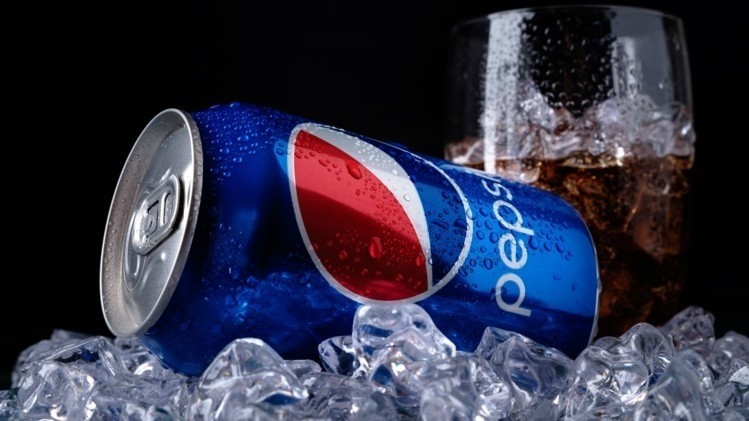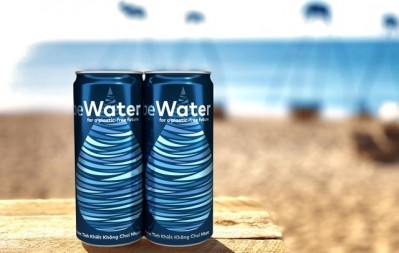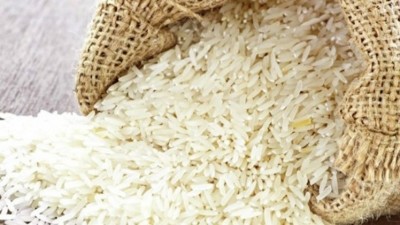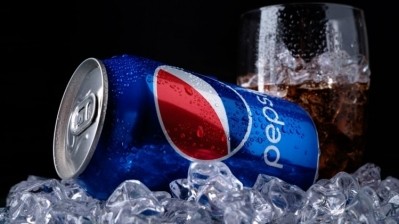Agriculture, recycling and water: PepsiCo’s key sustainability APAC strategies revealed

PepsiCo’s wide portfolio spans a large number of products from non-alcoholic beverages to snacks, and each product category has its own sustainability challenges to tackle.
“In the APAC region, some of our key sustainability priorities revolve around next generation agriculture, positive water impact, and a circular future for packaging,” Natasha Schwarzbach from PepsiCo Global Sustainability told FoodNavigator-Asia.
“The global food system currently faces the challenge of meeting the needs of a growing global population alongside environmental sustainability issues that all companies need to help address. At PepsiCo, we believe that there is an opportunity to change how the world produces, distributes, consumes and disposes of foods and beverages in order to tackle these shared challenges.”
The firm has always been a big proponent of utilising locally-produced crops in manufacturing its products, and has established specific farming programmes towards this end. These aim not to only provide a steady source of produce, but also ensure the sources of these are sustainable.
“For our food business, we source over US$7bn of crops from 60 countries every year – in snack brands like Lay’s, for example, we source the majority of our potatoes locally wherever possible,” Schwarzbach said.
“In Thailand and Vietnam we have established farming programs that not only help support local farmers and farming communities, but also ensure that our potatoes are supplied in a sustainable manner.
“The oats and potatoes grown by our partner farmers in Australia are used in our Quaker Oats brand, and the potatoes are used in Red Rock Deli and Smiths Crisps. This sustainable approach also extends to other ingredients that we source in manufacturing our products.”
The main push factor behind this is, increasingly, consumer demand and awareness, a factor that more and more major brands and companies are coming to realise cannot be ignored in product manufacturing.
“[Consumers] in the region and globally want to be confident that our products meet social and environmental values, protecting ecosystems while making agriculture more resilient, intelligent, and inclusive – something our Next Generation Agriculture strategy aims to drive progress in.
“We do this by implementing our Sustainable Farming Program (SFP) in our direct agricultural supply chain and also by using globally recognised certification schemes, like RSPO (Roundtable for Sustanable Palm Oil) for palm oil. We have a target to be 100% RSPO physically certified by 2020 and are on track to meet this goal,” added Schwarzbach, who is also a member of the RSPO Shared Responsibility Taskforce.
Palm oil is a big part of PepsiCo’s raw material usage given its wide snacks portfolio, covering popular brands such as Doritos, Cheetos, Tostitos and more in addition to Lay’s, Red Rock Deli and Smiths Crisps mentioned above.
With consumer awareness about palm oil sustainability also rapidly on the rise – and the increasing pushback against non-sustainable options in other regions such as the EU – it makes a lot of sense, both commercial and marketing-wise for the firm to place high focus on this commodity.
Recycling
Recycling is also a major part of the company’s sustainability strategy, especially as this spans across its entire product portfolio from snacks to beverages.
After being named by Greenpeace as one of the top polluters globally as well as in Asia in a recent report, PepsiCo had responded by reaffirming its commitment to recycling and alternative packaging.
“In the APAC region, we’ve already begun establishing recycling initiatives in countries like India and Vietnam alongside other businesses and stakeholders, which will be crucial to helping us shape a circular future for packaging,” Schwarzbach added.
“These initiatives will help us reach our targets of increasing recycled content in our plastics packaging to 25%, and reduce virgin plastic content across our beverage portfolio by 35%, all by 2025.
“We anticipate that these initiatives will also have a positive impact on environmental conservation efforts in the region, especially in relation to the marine plastic pollution problem in Asia.”
Water
The usage of water in the food chain, and the resulting footprint, is another challenge that has been gaining significant eyeballs as of late, and as such PepsiCo has also included this as part of its current sustainability priorities.
“In APAC, having a positive water impact is also one of our top priorities,” said Schwarzbach.
“One way we’ve achieved this is through our Demonstration Farm program, which began in 2017 in India, [which today] includes 32 farms in the country. [Part] of the programme includes the use of an efficient irrigation system that we have implemented in other countries like Thailand.
“On one farm in Thailand where we’ve implemented this program, for example, in a single year farm yield rose by 45% while water use was reduced by 28% through a solar-powered, drip irrigation system.”



















